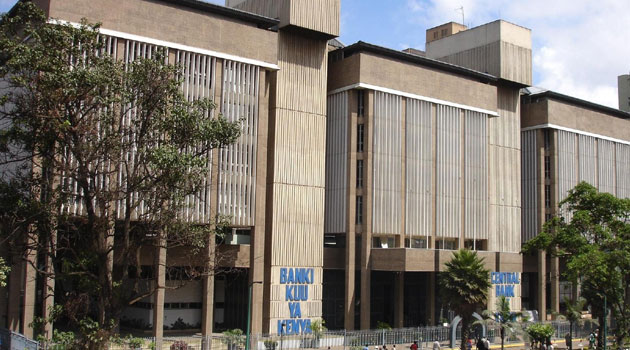
Trump foreign aid cut will not affect Kenya’s dollar reserves and exchange rate: Thugge » Capital News
NAIROBI, Kenya Feb 6 – Central Bank of Kenya Governor Kamau Thugge has assured that Donald Trump’s foreign aid cuts will not affect dollar reserves and exchange rate which he stated remain stable.
Speaking during a press briefing on Thursday, Thugge further downplayed concerns that the aid freeze could trigger a depreciation of the shilling.
He emphasized that the strength of the local currency is primarily driven by other economic factors.
“We don’t see much impact on the exchange rate from the freeze on aid. As I said, the reasons I have given for the strengthening of the exchange rate are mainly current account developments and remittances, which have been very strong,” Thugge stated.
Thugge reiterated that the move is unlikely to disrupt Kenya’s foreign exchange reserves, which remain strong due to steady remittance inflows from the diaspora and a manageable current account deficit.
He, however, noted that what was likely to affect the exchange rate was a reduction in remittances from the US.
“What could affect the exchange rate, perhaps, is if there is a significant reduction in remittances from the US, which we don’t see happening, or maybe a very large increase in oil prices, which would raise the oil import bill. However, we also don’t see that happening. So really, going forward, we do see our levels of reserves remaining strong, and we also see the exchange rate remaining stable,” he explained.
The US recently announced a freeze on a portion of its foreign aid to Kenya, citing concerns over governance and accountability issues.
While specific details on the affected programs remain unclear, the aid suspension is part of a broader reassessment of US assistance to various countries.
Kenya has historically been a key beneficiary of US financial aid, with funding directed towards healthcare, security, education, and economic development.
The freeze raises concerns over potential budgetary constraints, particularly in government programs reliant on donor funding.
Economic analysts have noted that while the immediate impact of the aid freeze on Kenya’s forex market may be minimal, it could affect budget allocations for key sectors in the long term.
The Kenyan government is expected to rely on alternative financing options, including increased domestic revenue collection and partnerships with other international donors.
With remittances remaining a crucial pillar of Kenya’s forex inflows, the central bank is optimistic that the resilience of the diaspora community will continue to support the economy.